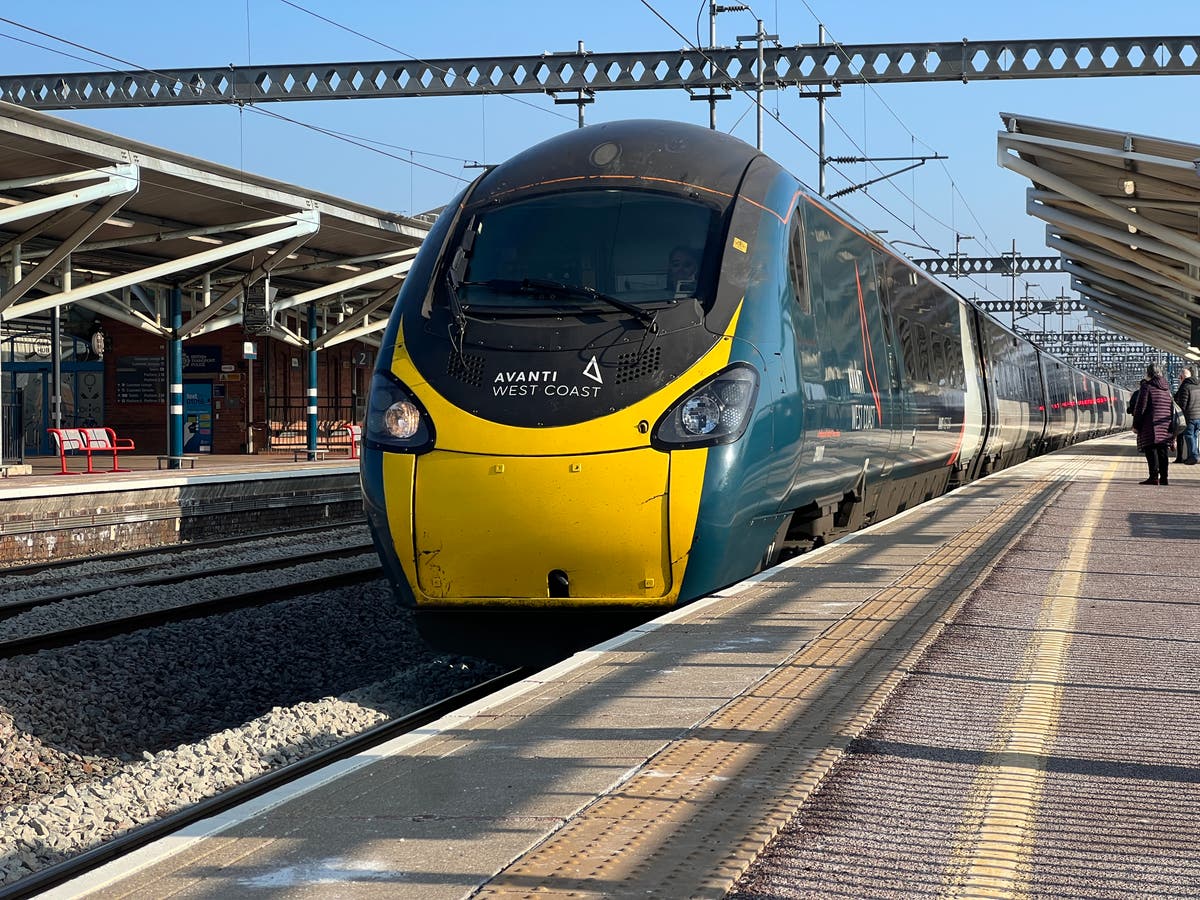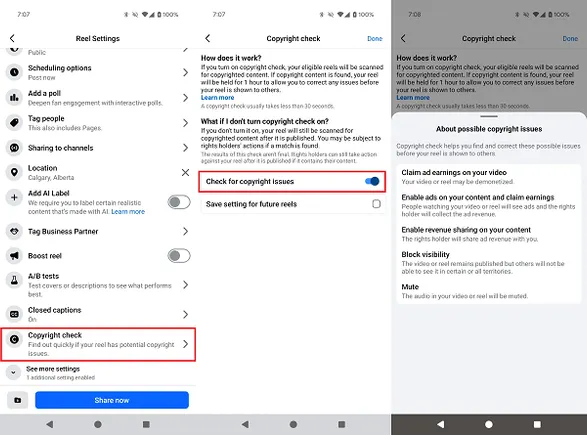Avanti West Coast train managers demand more than £250 for working on day off
Exclusive: At weekends, a staff member could earn £300 for rest-day working – but train drivers get twice as much

Your support helps us to tell the story
From reproductive rights to climate change to Big Tech, The Independent is on the ground when the story is developing. Whether it's investigating the financials of Elon Musk's pro-Trump PAC or producing our latest documentary, 'The A Word', which shines a light on the American women fighting for reproductive rights, we know how important it is to parse out the facts from the messaging.
At such a critical moment in US history, we need reporters on the ground. Your donation allows us to keep sending journalists to speak to both sides of the story.
The Independent is trusted by Americans across the entire political spectrum. And unlike many other quality news outlets, we choose not to lock Americans out of our reporting and analysis with paywalls. We believe quality journalism should be available to everyone, paid for by those who can afford it.
Your support makes all the difference.
Train managers at Avanti West Coast have turned down an offer worth £250 for working on a day off – or £300 at weekends.
After emphatically rejecting the proposal, the RMT union members plan strikes that will cause disruption for the next five months.
Train managers intend to walk out on New Year’s Eve, 2 January and every Sunday from 12 January to 25 March – wrecking journeys for millions of prospective travellers between London Euston and the West Midlands, northwest England, North Wales and southern Scotland.
The stoppages are in pursuit of a further improved offer for volunteering to work on rest days.
The Independent understands Avanti West Coast offered train managers time and a quarter for working on a day off during the week, and time and a half at weekends.
With an average hourly basic rate of £25, a typical train manager would earn £250 for an eight-hour shift on a rest day worked during the week, rising to £300 at weekends.
One source said the proposal “would have resulted in one of the highest, if not the highest, rest day working payments made to train managers and conductors in the industry”.
But seven out of 10 train managers eligible to vote rejected the offer in a referendum conducted by their union.
Originally strikes were called for 22, 23 and 29 December, but they were suspended while members voted on the current offer worth £250 to £300 per shift.
Mick Lynch, general secretary of the RMT, said at time: “Train managers are being treated unfairly compared to senior managers, who receive significant payments for covering these roles.”
Some senior managers employed in desk-based roles for Avanti West Coast have been trained to stand in as train managers when necessary to keep trains running. They are understood to earn upwards of £300 for covering a shift.
In addition, train drivers employed by Avanti earn a flat £600 for working on a day off.
A union source said: “Senior train managers were given £300 or more to cover rest day working. So this latest offer, which was overwhelmingly rejected by Avanti train managers, is inferior to that.
“Avanti bosses created this dispute by ignoring the concerns of train managers and will now have to come up with a suitable revised offer to avoid sustained industrial action.”
Train managers working for Avanti West Coast typically earn £53,000 annually for a 41-hour week. In addition, they earn commission for any tickets sold on the train.
During the strikes, the rail firm will aim to run 25 to 30 per cent of the usual schedule, including a skeleton operation of hourly trains to Birmingham and Manchester. They will be crewed by management train managers.
Train drivers, who belong to a separate union, Aslef, are not involved.
A Department for Transport spokesperson said: “We strongly encourage both the RMT and Avanti West Coast to get back around the table and work in good faith to resolve this as quickly as possible.
“As part of our plans to reform the railways, we’re determined to move towards a seven-day working week and end the overreliance on rest day working, giving passengers the certainty and reliability they deserve.”
According to the latest Office of Rail and Road figures, released on 19 December, passenger numbers on Avanti West Coast are still one-sixth down on pre-Covid figures.
Taxpayers are currently subsidising the railways by £12.5bn annually, which corresponds to £400 per second.

 Astrong
Astrong 
































